According to The 13th Annual State of Agile Report, when asked about the reasons for adopting Agile, the following response was received:
It was less about an increase in productivity (51% compared to 55% last year), more about increasing the team’s morale (34% compared to last year’s 28%), less about reducing project risks (28% compared to 37% last year) and more about reducing the project costs (41% compared to 24% last year).
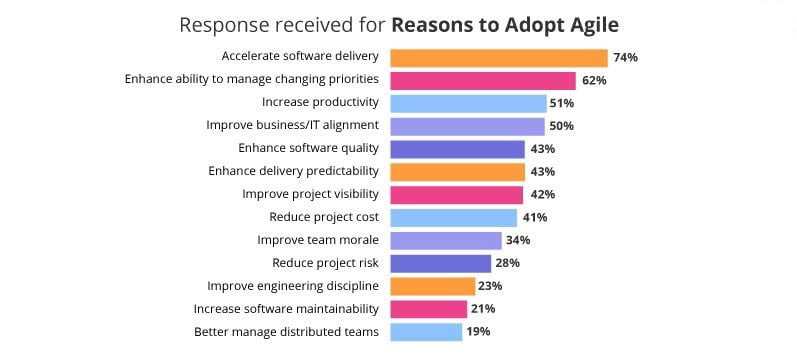
1. ICP-ACC (ICAgile- Agile Certified Coach):
The ICP-ACC is one of two knowledge-based certifications on the Agile Coaching track. The certification focuses primarily on the mindset, roles, and responsibilities of an Agile Coach. After finishing the certification, the learner will be able to differentiate between and among mentoring, facilitating, professional coaching and teaching, and will also gain the skills needed to create a safe environment for meaningful collaboration and healthy conflict resolution within an agile team. This certification introduces participants to foundational team coaching skills and team development concepts for starting and growing teams while focusing on teams and organizations as human systems. A key part of this certification focuses on developing an understanding of the professional coaching skillset and the value of honing these skills to serve individuals on an agile team.
Agile Coaches or aspiring coaches with a passion for servant leadership and a desire to learn and practice facilitation, professional coaching, mentoring, and teaching in service of Agile teams. Other relevant roles include Scrum Masters, Iteration Managers and Agile Project Managers. Although it is not a formal prerequisite, we have found that this certification is best pursued after Agile Team Facilitation (ICP-ATF).
2. ICP-ATF ICAgile- Agile Team Facilitation:
The ICP-ATF is one of two knowledge-based certifications on the Agile Coaching Track. It focuses primarily on the mindset and role of an agile team facilitator, while also providing group facilitation tools and techniques for effectively designing meetings and workshops that both engage the entire audience and drive towards agreed-upon outcomes. Through obtaining this certification, course participants will develop an appreciation for the art of facilitation as key to fostering collaboration and enabling self-organizing teams. In addition, participants will build their facilitator toolkits and gain experience facilitating specific agile practices most relevant to their organizational context.
Agile team leaders or aspiring team leaders with a passion for servant leadership and a desire to learn and practice the art of facilitation in the context of team facilitation and coaching. Relevant roles include Scrum Masters, Agile Project Managers, Agile Coaches and aspiring coaches, Product Owners, Business Analysts, and anyone with the desire to explore the power of facilitation.
3. ICP-CAT ICAgile- Coaching Agile Transitions :
The ICP-CAT is the second of two knowledge-based certifications on the Enterprise Coaching for Agility Track. This certification focuses on the field of Enterprise Coaching for Agility, explores the core elements of an agile transformation, and links the core enterprise coaching competencies in a way that empowers coaches to act as agents of change in organizations.The Learning Outcomes also delve in to the pursuit of professional mastery and the ethical considerations of Enterprise Coaching for Agility.
They then look at elements central to agile transitions such as organizational and human change processes, transformation strategies, addressing organizational impediments, and communicating, educating, and facilitating at an organizational level.As an advanced path, most courses in Enterprise Coaching for Agility involve a combination of classroom learning, and ongoing group discussions around practical experience in the field.Relevant roles include enterprise, program and team-level Agile Coaches, Agile Team Facilitators, or anyone aspiring to these roles. Also, anyone with a strong background in change management and/or organizational design and a curiosity about agile approaches at the enterprise level will benefit from this certification.
4. ICP-ENT ICAgile- Agility In The Enterprise :
The ICP-ENT is the first of two knowledge-based certifications on the Enterprise Coaching for Agility Track. This certification focuses on developing an understanding of agility at the enterprise level from structural, process, leadership, and cultural perspectives.
The Learning Outcomes include topics such as systems and complexity theory, measuring business performance from an agile perspective, agile frameworks for enterprise scaling, awareness of organizational design and structure, understanding leadership development, and engaging leadership in conversations about organizational culture.
As an advanced path, most courses in Enterprise Coaching for Agility involve a combination of classroom learning, and ongoing group discussions around practical experience in the field.
Relevant roles include enterprise, program and team-level Agile Coaches, Agile Team Facilitators, or anyone aspiring to these roles. Also, anyone with a strong background in change management and/or organizational design and a curiosity about agile approaches at the enterprise-level will benefit from this certification.
5. Scrum Alliance Certified Team Coach® (CTC) This is a journey
The natural next step in the journey for an active Certified Scrum Professional® (CSP®-SM or CSP®-PO) is to become a Scrum Alliance Certified Team Coach®. As a CTC, you’ll work with Scrum teams, stakeholders, and management to improve performance and outcomes. Unlike a ScrumMaster, a CTC can work across multiple teams. And unlike a Certified Enterprise Coach (CEC), a Certified Team Coach focuses on a subset of an organization in a project or program, or across multiple teams.
If you have demonstrated experience, knowledge, professional collaboration, and skills, it’s time to explore becoming a CTC, a certification that offers a recognized credential to qualified coaches who can effectively impact department, project, and program agility.

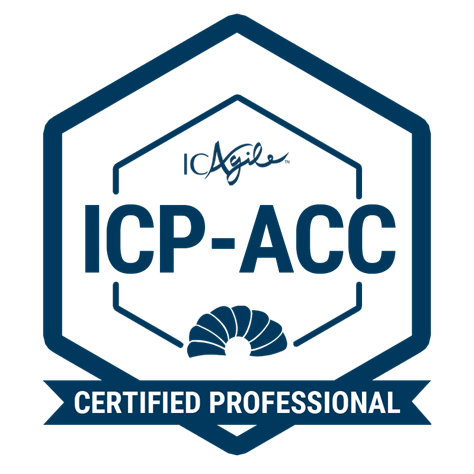
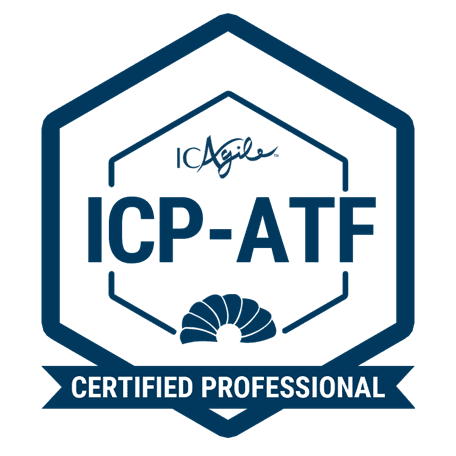
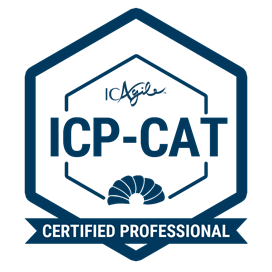
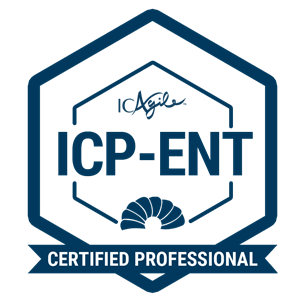

Recent Comments